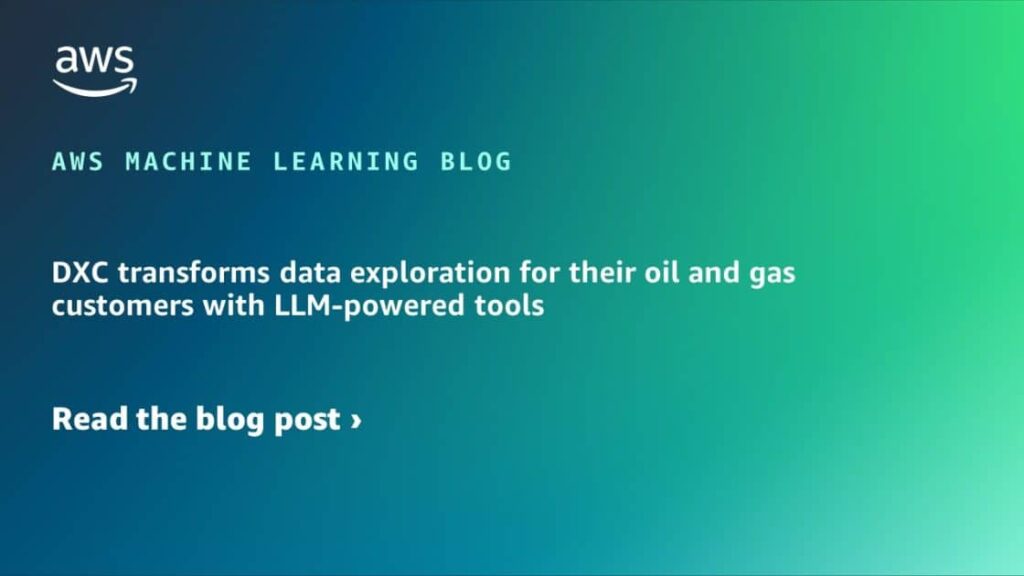In a significant advancement for the energy sector, DXC Technology has teamed up with AWS to develop an artificial intelligence assistant that promises to revolutionize the exploration of drilling sites for the oil and gas industries. This collaboration between tech giants aims to tackle the challenges inherent in collecting and analyzing data in an industry where relevant information is often scattered and presented in various non-standardized formats.
Optimizing discovery times in oil exploration is crucial, as even reducing just one day in the time needed to reach first oil can result in multiple millions in operating costs and profits. Traditionally, collecting and analyzing data from remote locations, offshore platforms, and corporate offices has been a significant logistical and technological challenge, especially when the data comes from simple spreadsheets to complex satellite images and industry-specific formats.
The new artificial intelligence assistant, powered by cutting-edge language models from Anthropic and under the Amazon Bedrock infrastructure, enables users to access and analyze different types of data from various sources. This assistant acts as an intelligent agent that directs user queries to specialized tools optimized to handle different types of data, such as text, tables, and domain-specific formats like the LAS standard (Log ASCII Standard).
The assistant’s architecture uses Bedrock to seamlessly switch between variants of the Anthropic Claude model, using lighter models for simple routing tasks and more powerful models for complex processes such as code generation. This is complemented by the use of Amazon Bedrock Knowledge Bases, which enhances the model’s knowledge by integrating with external documents within minutes.
Among the custom tools developed for this assistant is a file search engine capable of conducting searches based on file names or semantic content. Specific tools were also developed to work with tabular data and LAS files, leveraging the language model’s code-writing capabilities to perform sophisticated analyses, enabling informed decisions based on production and other relevant metrics.
Additionally, the conversational capabilities feature adds a richer layer of interaction, allowing the assistant to respond to successive questions while maintaining the conversation context, significantly improving the user experience.
The implementation of this system not only drastically reduces the time needed to obtain critical information but also provides the opportunity to incorporate more generative intelligence tools for other industrial data formats. This represents an advancement for exploration activities and sets a precedent for the adoption of artificial intelligence technologies in industrial applications, optimizing processes that previously took hours to minutes.
This advancement is a clear example of how the alliance between technological innovation and specialized knowledge can transform the operational landscape of a crucial industry like oil and gas, demonstrating once again that artificial intelligence is poised to play a fundamental role in the future of business and technology.
via: MiMub in Spanish
